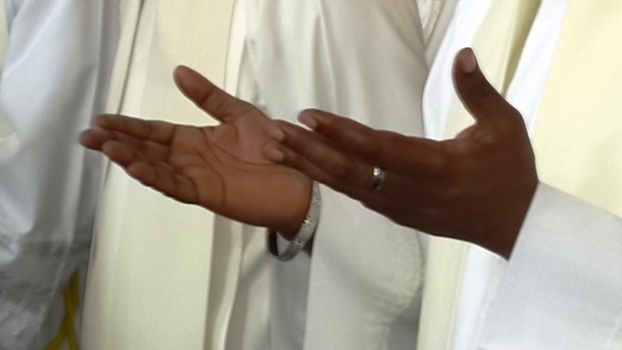The Christian Warning Against ‘Familiarity Breeding Contempt’

Fr Dexter Brereton, CSSp
Today’s Gospel reading (Mark 6: 1-6) serves as a cautionary tale to Jesus’ disciples as they prepare to carry on his mission to their respective local communities. It is the story of a return that Jesus made to his home country of Nazareth, which ended with disappointing results. The disappointment is rooted in the fact that in the eyes of the townsfolk with whom Jesus grew up, he was too familiar to them and as such, not to be taken seriously. A similar dynamic takes place very often on a national scale. Allow me to offer an illustration of what I mean.
On social media and elsewhere, there has been a fair amount of commentary on the quality of the questions posed by members of the news media at our national Coronavirus press briefings under the auspices of the Ministry of Health. The “Gotcha” questions – questions meant simply to expose and embarrass asked by journalists in some instances conceal a barely disguised contempt, a disregard for the professional qualifications of some of our local epidemiological experts. It is a tragic side of our national history, that over the course of time, we routinely show callous disrespect to one another, including those who possess skills and talents that we ourselves do not have. It is as if every medical, legal and financial expert is met with the same rude question: “What he feel he playing?” Here we hear the echo of the townsfolk in this story from Mark “Where did the man get all this? What is this wisdom that has been granted him, and these miracles that are worked through him?” This takes place within the Church as well. It is a well-known fact that our first generation of Trinbagonian priests suffered grievously at the hands of some of the faithful, who, doubting their competence and even their legitimacy, compared them unfavourably to the foreign-born clergy that ran the Archdiocese since its inception.
The story of the disrespect shown to Jesus does not end on a sour note however. In the face of the overwhelming rejection of his own people, Jesus shows that he is indeed a genuine prophet by reaching out and healing the few persons that remained open to his ministry. As St Mark writes at the end of the reading: “…and he could work no miracle there, though he cured a few sick people by laying his hands on them.” I rejoice over the fact that in a very similar way, our leading medical experts have shown themselves to be “authentic healers” the “real deal” by continuing to show up at these briefings and doing their job on behalf of the people of Trinidad & Tobago. This then is the real challenge of the prophet, the real challenge of working for Jesus. The challenge before us is learning to deal with rejection and opposition with grace and generosity like Jesus. Even when people ‘fight us down’ as we say in local parlance, we are invited to remember the example of Jesus who kept his eyes on the prize.






